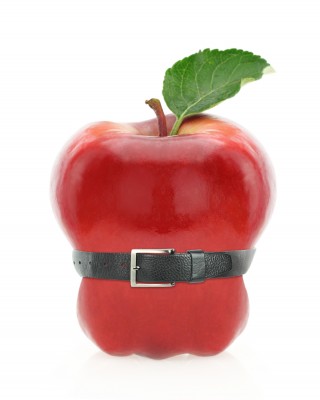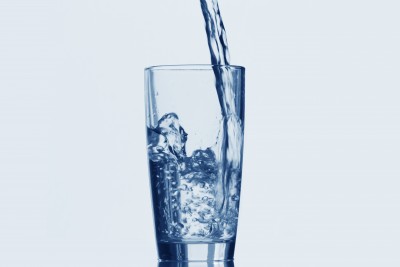Lunch Time And Weight Loss

Contrary to what many ladies may think, skipping lunch does not do justice for our bodies. On the contrary it does not contribute to weight loss, instead this practice results in many health problems that may arise from the lack of nutrition, hunger pangs and insufficient calories for normal physical functions.
Health nutritionists and medical professionals advice that women who are on a weight-loss diet should have wholesome meals for healthy weight loss. Watching what you eat is key to successful weight loss. According to a study published in the International Journal of Obesity, dieters who ate early lunches tended to lose more weight as compared to those who ate their lunches later in the afternoon. This finding does not necessarily link weight loss with meal timing but it probably reveals that meal times play a role in how the body regulates its weight.
However, early meals alone do not determine weight loss patterns. What does matter is the type of food and the quantities consumed. For those considering weight loss programmes, one important factor to remember is that there is no short-cut to healthy weight loss, although there may be numerous short-cuts to unhealthy weight loss.
For working professionals, it is important that dieting is able to provide sufficient nutrition to enable one to work and function healthily. Unhealthy diets, starvation and food deprivation can affect work productivity and performance. Some negative effects of unhealthy diets may also include lack of focus on the job, a reduced ability to concentrate, shorter attention spans and interrupted thought processes, among others. Therefore, it is important to consult an expert or a medical professional before embarking on a weight loss programme.

Here are some tips to healthy weight loss whilst enjoying a great lunch at work and an equally satisfying dinner afterwards:
• Reduce the intake of carbohydrates but do not completely cut them out as your body needs the calories derived from carbohydrates in order to function normally and fuel internal organs.
• Increase the intake of green vegetables, consume balanced portions of white meat (chicken and fish) and reduce sugar in your food.
• Develop a regular exercise regime. Thirty minutes per session, three times a week should be quite effective. Remember to work your muscles a little because muscles burn fat fast once they are worked up.
• Be sure to drink enough water daily – 8 to 10 glasses of water per day should do the trick. Hydration is important in making a diet work effectively. Furthermore it can prevent acidity in the body and wash out toxins that contribute to weight gain.

More often than not, weight loss can be achieved by making a few simple changes in the way we eat and our levels of physical activity. Never starve yourself or go on crash diets – you may not feel the effects right away but as age catches up, you will notice the effects slowly kicking in. Remember, that weight loss should be about keeping fit and staying healthy. Start by loving your body and think about everything you put into it or even deprive it of.
Copyright (c) 123RF Stock Photos
By Christina Thomas




